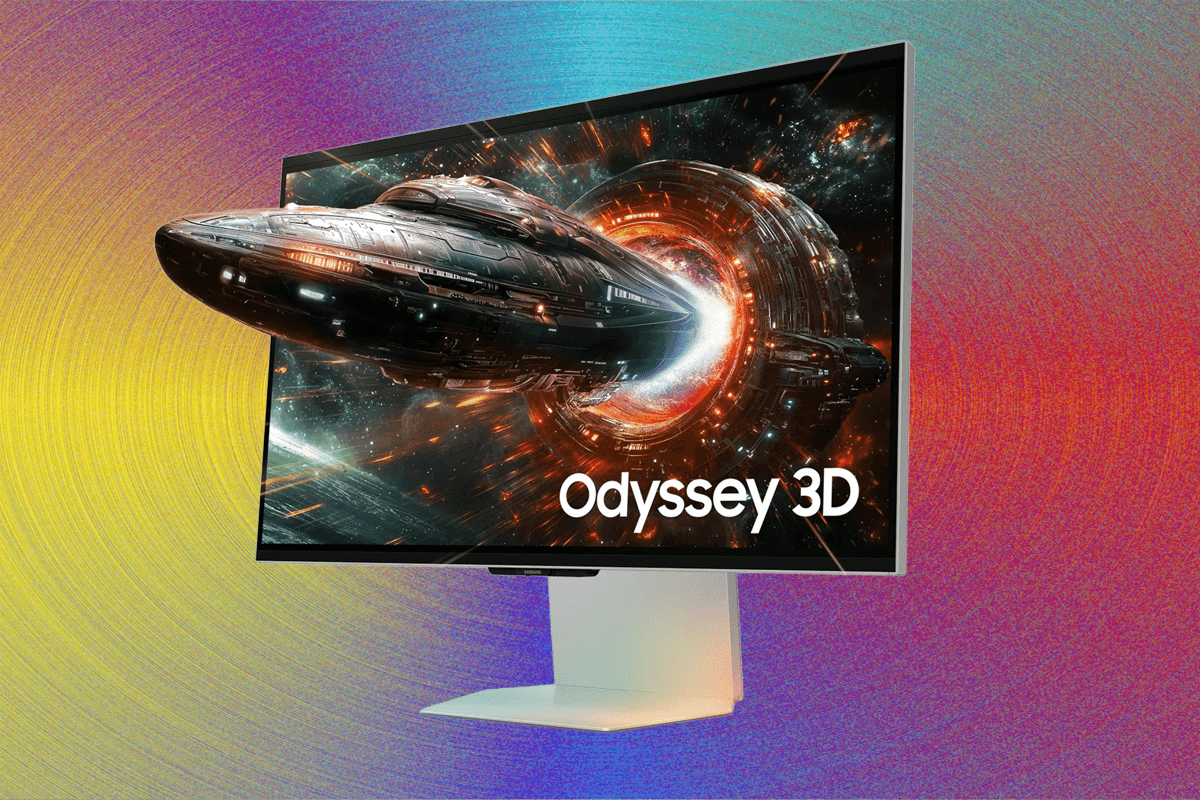The AI Consent Conundrum: Why Nick Clegg Says Asking Artists First Could ‘Kill’ the Industry
The rapid evolution of artificial intelligence presents profound questions across various sectors, but few are as fiercely debated as the use of creative works in training AI models. At the heart of this controversy lies a fundamental tension between the AI industry’s need for vast datasets and the rights of creators to control how their art is used. This debate has taken center stage in the United Kingdom, where policymakers are grappling with potential regulations. A key voice in this discussion, former UK Deputy Prime Minister and former Meta executive Nick Clegg, recently weighed in with a stark warning about the potential consequences of mandating artist consent for AI training data.
According to Clegg, requiring permission from every copyright holder before their work is used to train AI models would have devastating effects on the AI industry, particularly within the UK. His comments highlight the significant practical and economic challenges associated with such a requirement, framing it as a potential industry killer.
The Core of the Debate: Consent vs. Scale
The central issue revolves around the massive scale of data required to build sophisticated AI models. These models learn patterns, styles, and information from colossal datasets, often scraped from the internet, which include countless copyrighted works like images, text, and music.
While the creative community asserts its right to control the use of its work and seeks compensation or the ability to opt out, the AI industry argues that obtaining explicit permission for every piece of data used in training is logistically impossible.
Nick Clegg, speaking at an event promoting his new book, articulated this perspective clearly. He acknowledged that creators should indeed have the right to prevent their work from being used, allowing them to “opt out.” However, he drew a crucial distinction between the right to opt out after the fact and a requirement to obtain consent before any work is ingested into a training dataset.
Clegg’s stance is rooted in the practical realities of AI development. Training modern AI systems involves processing data measured in terabytes or even petabytes. This includes billions of images, trillions of words of text, and vast amounts of audio and video. Identifying the copyright holder for every single item in such a dataset, locating them, and negotiating terms for use would be an undertaking of unprecedented complexity and scale.
He voiced skepticism about the feasibility of a system where developers would need to contact and get approval from every individual creator whose work might contribute even a tiny fraction to the training data. “I think the creative community wants to go a step further,” Clegg stated, addressing the calls for mandatory upfront permission. “Quite a lot of voices say, ‘You can only train on my content, [if you] first ask’.”
Clegg found this idea “somewhat implausible because these systems train on vast amounts of data.” He questioned the practical implementation, asking, “I just don’t know how you go around, asking everyone first. I just don’t see how that would work.”
The Economic Implications of a UK-Specific Mandate
Beyond the logistical hurdles, Clegg also emphasized the potential economic impact, particularly for the UK’s burgeoning AI sector. His most striking claim was that if the UK were to unilaterally impose a requirement for prior consent for training data while other countries did not, it would effectively dismantle the domestic AI industry.
“And by the way,” he added, “if you did it in Britain and no one else did it, you would basically kill the AI industry in this country overnight.”
This highlights a significant concern for policymakers: maintaining a competitive edge in the global AI race. AI development is an international endeavor, with companies and researchers operating across borders. Imposing regulations perceived as overly restrictive compared to other leading nations could drive investment, talent, and innovation elsewhere, hindering the UK’s ability to participate in and benefit from the AI revolution.
Clegg’s warning underscores the delicate balancing act faced by governments: how to protect the rights and livelihoods of creative professionals while fostering the growth of a transformative new technology.

The Legislative Battle in the UK
Clegg’s comments come at a critical juncture in the UK, where Parliament is actively debating how to regulate AI and address the concerns of the creative industries. The focus of this debate is the Data (Use and Access) Bill, a piece of legislation intended to govern how data is accessed and used.
Creative sectors, including musicians, writers, designers, and journalists, have been vocal in advocating for stronger protections and greater transparency regarding how their work is used in AI training. They argue that AI models trained on their copyrighted material can potentially displace human creators and dilute the value of their work. They contend that current copyright law should apply to AI training data, and that AI companies should not be able to use their work without permission or proper licensing.
The Proposed Amendment
This concern led to the introduction of an amendment to the Data (Use and Access) Bill. This proposed change was designed to increase transparency by requiring technology companies to disclose precisely which copyrighted works were used in training their AI models.
Proponents of this amendment, including film producer and director Beeban Kidron, argue that this transparency is a necessary first step. By forcing AI companies to reveal their training data sources, it would make it easier for copyright holders to identify infringing uses and enforce existing copyright law. Furthermore, they suggest that such a disclosure requirement could act as a deterrent, making AI companies less likely to use copyrighted material without permission in the first place, thus curbing what some artists perceive as “stealing.”
Strong Support from the Creative Community
The proposed amendment garnered significant support from the creative community. Hundreds of prominent figures from various artistic fields signed an open letter urging the Prime Minister to back the amendment and enforce copyright law in the context of AI training.
This letter was supported by a wide range of artists, demonstrating the depth and breadth of concern across the creative industries. Signatories included globally renowned figures such as:
- Paul McCartney
- Dua Lipa
- Elton John
- Andrew Lloyd Webber
Their collective voice amplified the call for greater accountability and transparency from AI developers. They emphasized the importance of protecting creativity and economic growth within the UK’s vibrant cultural sectors. The letter articulated the view that current copyright law should apply to AI and that unchecked use of creative works for training undermines the livelihoods of artists and the future of creative industries.
The Parliamentary Response and Ongoing Conflict
Despite the strong advocacy from the creative community and initial support from some members of Parliament, the amendment faced opposition during the legislative process. The government expressed concerns about the potential impact on the AI industry and the need to balance the interests of both sectors.
On a key vote on the amendment, members of Parliament ultimately rejected the proposal. Technology Secretary Peter Kyle articulated the government’s position, stating that “Britain’s economy needs both [AI and creative] sectors to succeed and to prosper.” This suggests a reluctance to impose regulations that could potentially stifle the growth of the AI industry, echoing the concerns raised by Nick Clegg. The government’s focus appears to be on finding a balance that allows both technology and creativity to flourish, rather than adopting measures that could significantly impede one sector.
However, the rejection in one parliamentary chamber does not signal the end of the debate. Beeban Kidron and other supporters of the amendment have vowed to continue the fight. Kidron stated in an op-ed in the Guardian that “the fight isn’t over yet.”
The Data (Use and Access) Bill is scheduled to return to the House of Lords in early June, providing another opportunity for the amendment to be debated and potentially reintroduced or modified. This indicates that the legislative process is dynamic and the outcome is far from settled.
The ongoing nature of this debate reflects the complex challenges posed by AI to existing legal and economic frameworks. Finding a path forward requires careful consideration of how to fairly compensate creators for the use of their work, while simultaneously enabling the innovation and development necessary for the advancement of AI technology.
The Stakes: Creativity vs. Innovation?
The conflict between the creative industries and the AI sector is often framed as a zero-sum game, where the success of one comes at the expense of the other. However, proponents of both sides argue that collaboration and clear rules are necessary for mutual success.
The creative community argues that without proper copyright protection and compensation, the economic foundation of artistic creation is eroded. If AI can freely replicate or derive new works from existing copyrighted material without attribution or licensing, the incentive for human artists to create is diminished. They argue that their work is the fuel for these AI models and that they deserve a seat at the table and fair compensation.
The AI industry, conversely, argues that restrictive regulations on training data, particularly requirements for obtaining prior consent for massive, disparate datasets, would make AI development prohibitively slow, expensive, or even impossible. They emphasize that AI training is not direct copying but rather a process of learning patterns and concepts from data, similar to how a human artist might study various styles or works. They argue that AI tools can ultimately empower artists and create new forms of creativity and economic opportunity.
Nick Clegg’s intervention underscores the AI industry’s strong opposition to consent requirements, framing them as an existential threat. His view reflects the industry’s perspective that the scale and nature of AI training datasets make traditional licensing models based on individual works unworkable. The industry generally prefers approaches like opt-out mechanisms, where creators can request their work be excluded from future training datasets, or potential future licensing frameworks based on output rather than input data.
The ongoing debate in the UK Parliament exemplifies the global challenge of adapting copyright law and policy to the age of AI. The outcome of these legislative discussions will have significant implications not only for artists and AI developers in the UK but could also influence how other countries approach this complex issue. The fundamental question remains: how can societies foster technological innovation while ensuring that the creators whose work contributes to this innovation are fairly treated and compensated? The path forward likely involves finding novel solutions that go beyond applying outdated legal frameworks to new technological paradigms. The current legislative process in the UK is a key battleground in shaping what those solutions might look like.








Comments